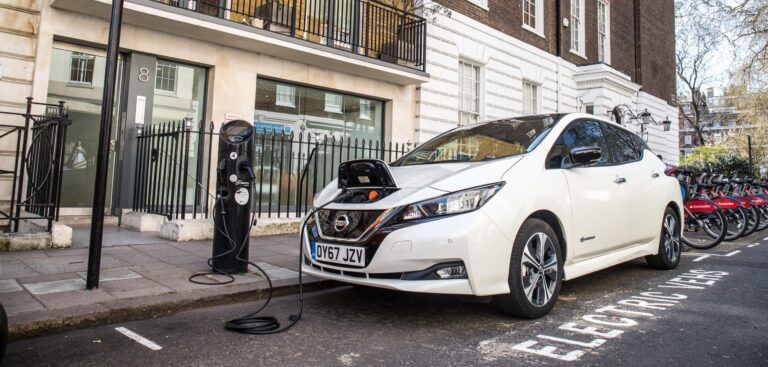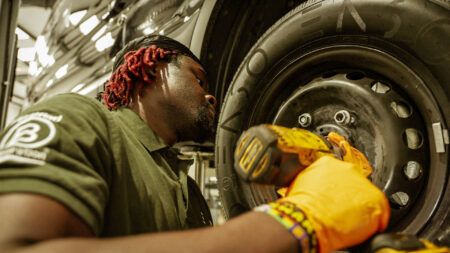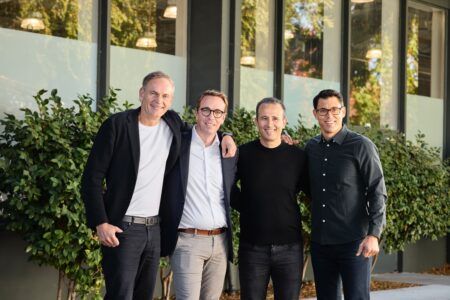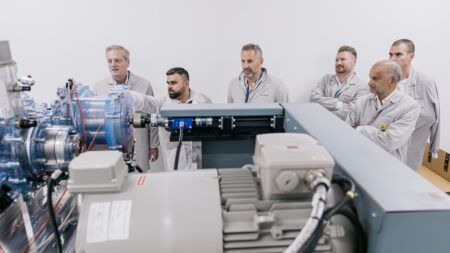Nissan and Uber have signed a deal that will see 2,000 all-electric Leaf vehicles be made available for drivers who use the app in London.
As part of Uber’s Clean Air Plan, which aims to have every one of its drivers in London (around 45,000) with fully electric, zero-emission vehicles by 2025, the fleet of 40kWh Nissan Leafs will be offered with fee incentives.
Launched in January 2019, Uber’s Clean Air Plan aims to tackle air pollution by helping drivers upgrade to an electric vehicle through the introduction of a Clean Air Fee – 15p a mile is added on to all London journeys which will help drivers with the cost of adopting an electric vehicle. In the first year, Uber has raised more than £80million to support drivers transitioning to electric vehicles, with more than £200m expected to be raised over the next few years.
Through the Clean Air Plan, drivers will on average save £4,500, depending on the miles they’ve driven, off the cost of switching to an electric car. Once a driver has adopted a fully electric vehicle, the Clean Air Fee is used to support ongoing vehicle costs.
“Through innovation and collaboration, companies like Nissan and Uber can tackle the challenges of advancing personal urban mobility, whilst also improving air quality in our major cities. As the UK’s best-selling EV, the Nissan LEAF is the perfect vehicle to support Uber’s ambition of a 100% electric fleet in London for 2025. Not only will passengers enjoy the quieter ride that comes from all-electric driving, but cyclists, pedestrians and other road users will also benefit from the zero-emissions powertrain,” said Andrew Humberstone, managing director, Nissan Motor.
The second-generation Nissan Leaf was launched in 2018 with two battery capacities – 40kWh and 62kWh. The 40kWh model being made available to Uber drivers will provide around 168 miles of range. To meet the increasing demand for electric vehicles in the capital, Transport for London has installed more than 1,000 EV charge points in the last year alone. Conversely, central London has nearly half as many petrol stations per car as the Scottish Highlands and only four remain within the congestion charge zone.





